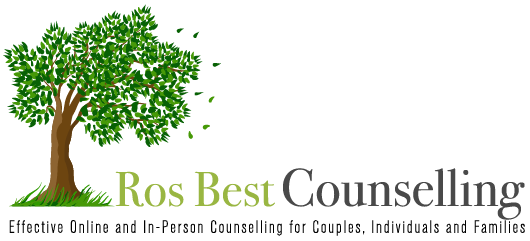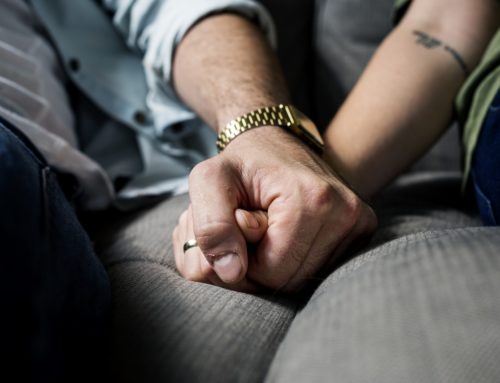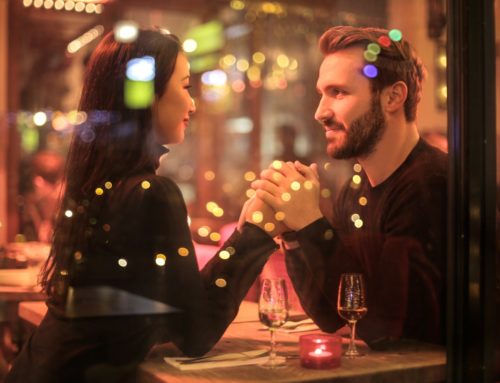Every marriage starts with the expectation that marriage will be a commitment for life. We love each other. We are committed to each other. What else needs to be said?
Pre-marital counselling is essential, whether it be through a course at your church, or done with a Couples Counsellor or Marriage Counsellor. It is too easy to not want to hurt your fiancé(e) by being too specific, too picky, too insistent, or by saying clearly what you need, to miss the look of fear/ sadness/ disappointment/ loss on your fiancé(e)s face when you have said your peace.
What topics are essential to discuss ahead of deciding to get married?
- Do we want a child (or children)?
- Child-rearing styles (bedtimes; self-discipline; discipline strategies; allowances; intrinsic vs extrinsic rewards for chores, getting good grades at school, completing a task that was challenging; expectations relative to them spending time with their grandparents; languages to be spoken; expectations relative to ambition; volunteering; treatment of others; bullying, and so on).
- Finances: Save up to have a nest-egg for old age, or to pay for the kids’ education, or to pay off a mortgage vs. live today while we can, we will deal with tomorrow’s worries tomorrow. Debt vs. travel or (more than required) housing. A well-paying job vs time (for myself, my spouse, and the family). Having a rainy-day fund. Choosing to track spending. Following a budget. How many bank accounts? Doing a (“pre-nuptial”) Marriage Agreement that includes inherited wealth, pension, child custody, housing if one spouse dies before the other, and so on. In whose name does the house go, if one of you already had a house?
- Housing: In the city, or in an affordable suburb? What province? Why? Accumulate gadgets and sports equipment vs. a minimalist approach?
- Sex: What does sex mean to each of you? Is it a “way back to closeness”, or the outcome of closeness? Who initiates? How will your future spouse know that you would like sex? How long should it take? What counts as “sex”? How often does each want sex? What does it mean if, after sex, he falls asleep as she starts to talk about what is on her heart? When is the best time for sex? Are there any shame issues that need to get sorted out? Is there any sexual history of trauma and abuse that the other partner doesn’t know about? How would your fiancé(e) feel if a third party joined you? About an open relationship? And again, most importantly, what does sex mean to each of you – do you really understand what it means to your future spouse?
- Planning: Do we distribute planning tasks, or just the actual tasks? Who does the taxes, shopping, cooking (do we value the same types of cooking), cleaning, dishes; how often? If one of you is skilled at planning but not the other, how will you handle that when it comes down to it? If one of you has a philosophy of “roll with the circumstances” and the other instinctively feels that “a deal is a deal” about plans, how will you handle that? If one of you is quick, and the other needs to take their time, how will you deal with that?
- Expressing feelings: In your respective families, was it easy and welcome to express happiness, sadness, fear, anger, unease, etc.? If not, how might that affect your couple when life becomes more complex? Will your instinct kick in when your spouse stops expressing themselves as they once did, and will you know what to do to show them “I’m here for you”?
- Spirituality, Religion, Seasonal Family Rituals: This is often more complex than “I accept my spouse, and love all the ways that they express that”. Especially when children arrive, when we are aging, when our parents are elderly and need support, and when death enters your extended family. It needs to be talked about before the issues arise.
- Will the future be optimal? It is human to expect that we will not be in a car accident, not become disabled, not get cancer, and not have to deal with any other catastrophic changes due to job loss, climate change, earthquakes, a flood, and so on. Do we want life insurance? Flood insurance? Earthquake insurance? Okay, we have insurance. Emotionally, how would I deal with the onset of disability or a serious chronic disease? How would I deal with that happening to my spouse? Would I stay? Would I want them to stay? If we didn’t have the wealth we had been accustomed to, then what? How do we stay alive to life, when things don’t turn out the way we anticipated? Fundamentally, what gives each of us hope? Knowing this will help us get through the tough times, no matter what.
Do people change?
Some do, some don’t. How many counselling therapists does it take to change a lightbulb? One, but the lightbulb has to want to… Haha.
Going into marriage, your fiancé(e) likely is not going to change. The point is that you love them just as they are, can bring humor or at least equanimity to what you wish would change but doesn’t.
If, on their bad days, you wouldn’t feel that way, it is not time to decide to get married.
And a good dose of humility or good-will goes a long way.
Are you comfortable with talking through all of the above points with your fiancé(e)? Great!
The only way for it to be easier in marriage is to be vulnerable towards your partner on all these matters before you marry. Marriage can be your greatest strength. Make the effort to create a great marriage from the start.
If you and your fiancé(e) are not comfortable talking about sex, finances, housing, children, what ifs, please, please, please get some form or another of pre-marital counselling. Call Ros Best today to get an appointment (778-834-1867) or email her at rosbestcounselling@shaw.ca.






